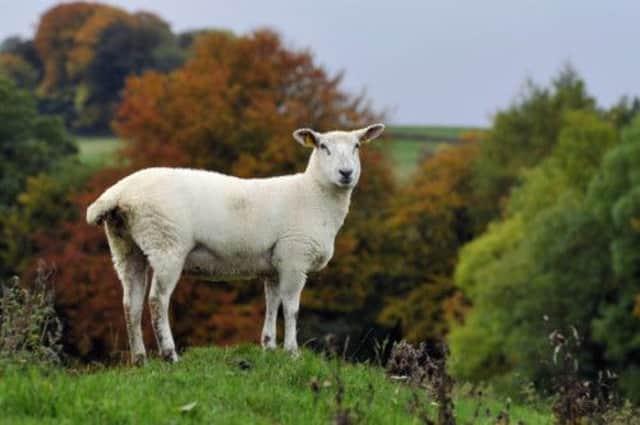Scots sheep sector: Lean not just description of meat


And the application of “lean thinking”, a management technique developed by car manufacturers Toyota and widely used in the manufacturing sector, could help identify and eliminate bottlenecks that currently penalise producers, hauliers, processors and retailers.
The project study, which looked at identifying opportunities for the Scottish sheep sector to add value, reduce waste and become more competitive and profitable, was funded by Quality Meat Scotland (QMS) together with the co-operative support body SAOS and the Scottish Manufacturing Advisory Service.
Advertisement
Hide AdAdvertisement
Hide AdTo identify bottlenecks and inefficiencies, the report reviewed the supply chain involving the farmers’ co-op Farm Stock (Scotland) Ltd, owned by five regional livestock marketing groups trading throughout Central Scotland and the Borders.
The report stated that one big impediment to better returns was the opportunistic and adversarial trading model, which saw each part of the supply chain interested only in achieving the best outcome for itself. The result was that every link of the chain was now struggling to make a margin.
“One of the biggest issues facing the processing sector is the poorly planned supply of lamb, influenced by weather factors, which results from producer ‘push’ rather than consumer ‘pull’,” said Iain Riddell of SAC Consulting.
He said that better communication within the chain and developing a better understanding of each other’s needs would also help.
Ian Watson, chairman of Farm Stock, said there were real opportunities for better co-ordination, adding that a lot of individual businesses might be using “lean thinking” techniques for themselves but these failed to pick up on the advantages of linking up with others in the chain.
“Our view is that, on average, the supply chain can save at least £10 per lamb through better marketing and the removal of waste and inefficiencies in the whole process from drafting on farm right through to the retailer,” he said.